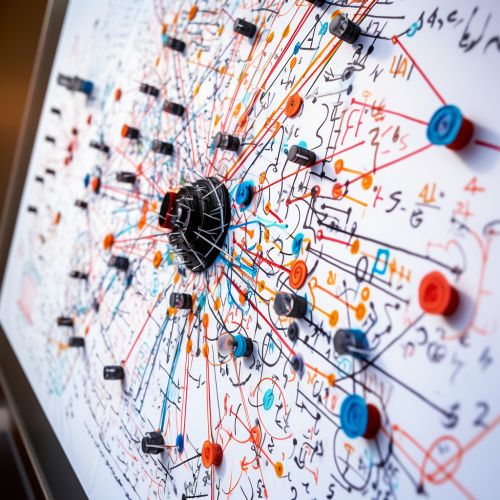Canonical AI: Definition and Applications
Definition
Canonical AI, or Canonical Artificial Intelligence, is a term used to describe a specific approach to the development and application of artificial intelligence technologies. This approach emphasizes the use of standardized, well-established methods and algorithms in the creation of AI systems. The term "canonical" in this context refers to the principle of adhering to accepted standards or norms in the field of AI.


History
The concept of Canonical AI has its roots in the early days of artificial intelligence research. In the mid-20th century, researchers began developing the first AI systems using a variety of techniques, including machine learning, neural networks, and genetic algorithms. These techniques have since become the foundation of most modern AI systems, and are considered canonical in the field.
Principles
The principles of Canonical AI are based on the idea that the most effective AI systems are those that use established, proven methods. This includes using well-understood algorithms and data structures, as well as adhering to best practices in areas such as data preprocessing, model training, and system evaluation.


Applications
Canonical AI has a wide range of applications across many different industries. Some of the most common applications include:
- Predictive analytics: Canonical AI can be used to analyze large amounts of data and make predictions about future events or trends. This can be particularly useful in fields such as finance, marketing, and healthcare.
- Natural language processing: AI systems can be trained to understand and generate human language, enabling them to interact with users in a more natural and intuitive way.
- Image recognition: AI algorithms can be used to analyze and interpret images, which can be useful in fields such as security, healthcare, and autonomous vehicles.


Challenges
Despite the many advantages of Canonical AI, there are also several challenges associated with its use. These include the need for large amounts of high-quality data, the risk of bias in AI systems, and the difficulty of explaining the decisions made by complex AI models.


Future Directions
As the field of AI continues to evolve, the principles of Canonical AI are likely to remain a key part of the development and application of AI systems. However, new approaches and techniques are also likely to emerge, offering new possibilities for the use of AI in a wide range of contexts.


See Also
- Artificial Intelligence - Machine Learning - Deep Learning - Neural Networks - Genetic Algorithms
